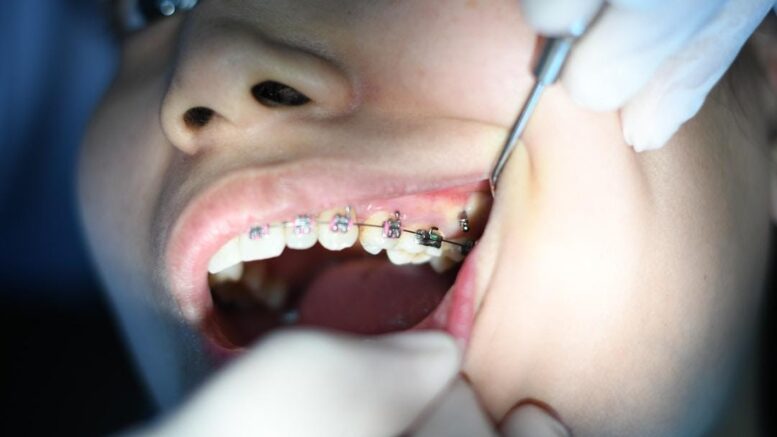Before getting dental implants, you must know what you expect and have some basic knowledge about the process. This is to assist yourself well before, during, and after the session/s. First things first, what are dental implants? The method of having a dental implant is for a tooth replacement whenever someone loses one or more of their teeth. When a person loses a tooth, whether it’s due to an accident or disease, it can lead to issues such as stuttering, rapid bone loss, and changes in eating patterns. These things can be very troublesome and even painful for a patient. Thus, the creation of the solution called dental implants.
In a nutshell, dental implant surgery entails replacing your tooth roots with metal, screwlike posts. This is to make way for the following process: replacing your damaged or missing teeth with artificial teeth. The teeth in replacement look and function similarly to natural teeth. Dental implant surgery can be an excellent alternative to ill-fitting dentures or bridgework. This procedure is also a good option when there aren’t enough natural tooth roots to make dentures or bridgework tooth replacements.
What To Know Before Saying Yes
Since dental implant surgery is complex, you might have to know quite a handful of things about it. Nevertheless, here are four things to know before and after All on 4 implants are applied.
Durable and built to last
With proper care and maintenance, dental implants can last a lifetime. When compared to other forms of replacement, dental implants are the closest thing to your original healthy and natural teeth. They may require minor adjustments from your dentist over time, but dental implants are the next best thing to your original healthy and natural teeth compared to other forms of replacement.
High success rate
Getting a tooth implant has become a popular dental procedure in recent years. Many people have preferred implants to dentures or bridgework. One of the reasons for their growing popularity is their high success rate. Because of the success rate, dentists frequently recommend them over other treatments. According to studies, dental implants have a success rate of above 98 percent. Although this is dependent on your health and how eligible you are for the procedure.
Comfortable
Comfort is one element that distinguishes dental implants from other options such as dentures. Dental implants are surgically implanted into the jawbone in the exact location where a tooth would be. This implies that, unlike a denture, the implant is steady and will not shift or slip.
The dental implant’s robustness also means that you can chew normally without worrying about the prosthetic’s durability. This can make mealtimes more comfortable and convenient. You might even be able to consume foods that you couldn’t before due to a gap in your teeth or concerns about your dentures. Dental implants look like natural teeth, and so it also has advantages in terms of their aesthetics. Dental implants also do away with the embarrassment of removing dentures and the necessity for sticky adhesives to keep them in place. This means dental implants can offer both visually pleasing teeth and comfort.

Easy to take care of
Dental implants, unlike natural teeth, are not prone to cavities and deterioration. Dental implants do not generate holes or cavities because they are comprised of materials that are not damaged in the same manner as natural teeth. So, it’s much more low maintenance and relatively easy to take care of. However, this does not exempt them from consideration. They still need to be taken care of. Regular brushing and flossing are required to care for a dental implant once it has fully healed.
Types of Dental Implants
Dental implants are categorized according to the differences in their procedures including location, materials, etc.
Zygomatic Implants
The purpose of zygomatic implants is to replace teeth in the upper jaw. They can be used to replace a whole arch of missing teeth, teeth that have become loose owing to severe periodontal disease, or teeth that have been severely damaged or decaying. The zygomatic implant is designed for people who have a significant bone deficiency. A zygomatic implant is a lengthy implant anchor in the upper facial bones. The zygoma is the cheekbone, thus, the name. Because several teeth are supported on only four supports, it can be less expensive than individual implants.
Endosteal Implants
The most prevalent type of dental implant is an endosteal implant. They are suitable for the majority of patients, however, it requires that the post must fuse to a good, healthy jawbone. They are shaped like screws and serve as placeholders. They insert into the jaw where the fake teeth will be inserted.
Subperiosteal Implants
Subperiosteal implants are another form of dental implants. This is the most common substitute for endosteal implants. Instead of being fastened into the jawbone, subperiosteal implants are placed on top of the bone but beneath the gum line.
